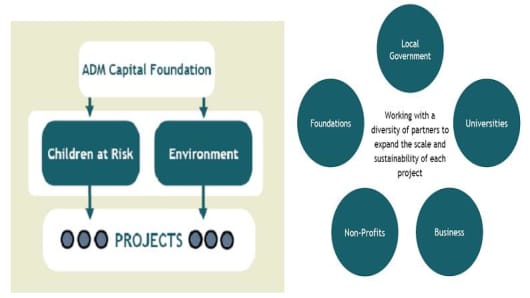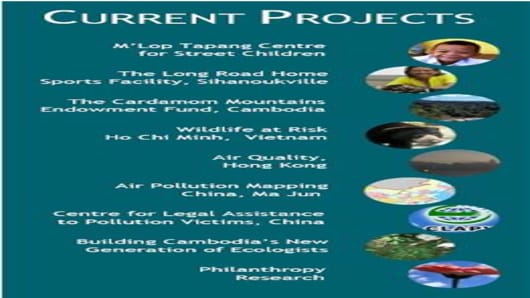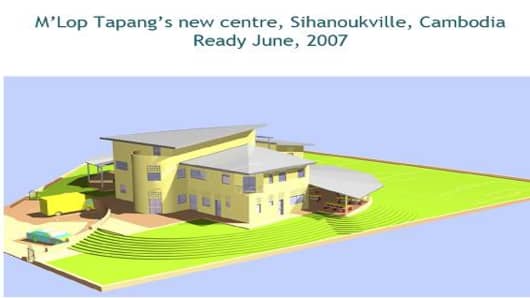The likes of Warren Buffett have put corporate philanthropy at the forefront.
In 2006, he made, what is probably the biggest philanthropic gift in history, pledging 85% of his wealth or roughly $37 billion to five foundations. Most of that money is going to world’s largest philanthropic organization, the $30 billion Bill & Melinda Gates Foundation.
Closer to home Li Ka-shing, Asia’s richest man, is doing the same. He recently went public with his big donations in China – where philanthropy remains a radical concept. The Chairman of Hong Kong conglomerate Hutchison Whampoa, says he will give away a third of his fortune. His gift is worth nearly $11 billion.
According to an article in The Australia, dozens of mainland Chinese are following his lead as Beijing is grows more accustomed to the idea of philanthropy.
We thought we’d back away from the usual theme this week of investing for monetary returns, and instead, focus on a selfless, non-profit fund for a change. A fund that lets you 'invest' and reap social returns.
Introducing the ADM Capital Foundation (ADMCF) – aptly dubbed 'The Philanthropic Fund'.
The Fund
ADMCF was established in 2005 by Hong Kong-based ADM Capital Limited - an investment advisor that has approximately $2 billion in assets under management.
As well as receiving generous annual donations from its parent company, ADMCF also provides corporate and private donators an opportunity to invest in charitable work.
As with any financial investment, ADMCF provides 'investors' with the due diligence and measurable results for each project it undertakes. It conducts tailored briefings and provides regular written reports to keep donors up-to-date with developments on various projects.
Lisa Genasci, Director at ADMCF says, "We should look at a philanthropic investment the way we look at a financial investment; to apply risk analysis, financial structures, etc. Why should there be a difference? Obviously, there are no returns like a financial investment. But there is a social return that should be measurable as well as quantifiable."
ADMCF’s projects target environmental degradation, support conservation and help children at risk across Asia.





